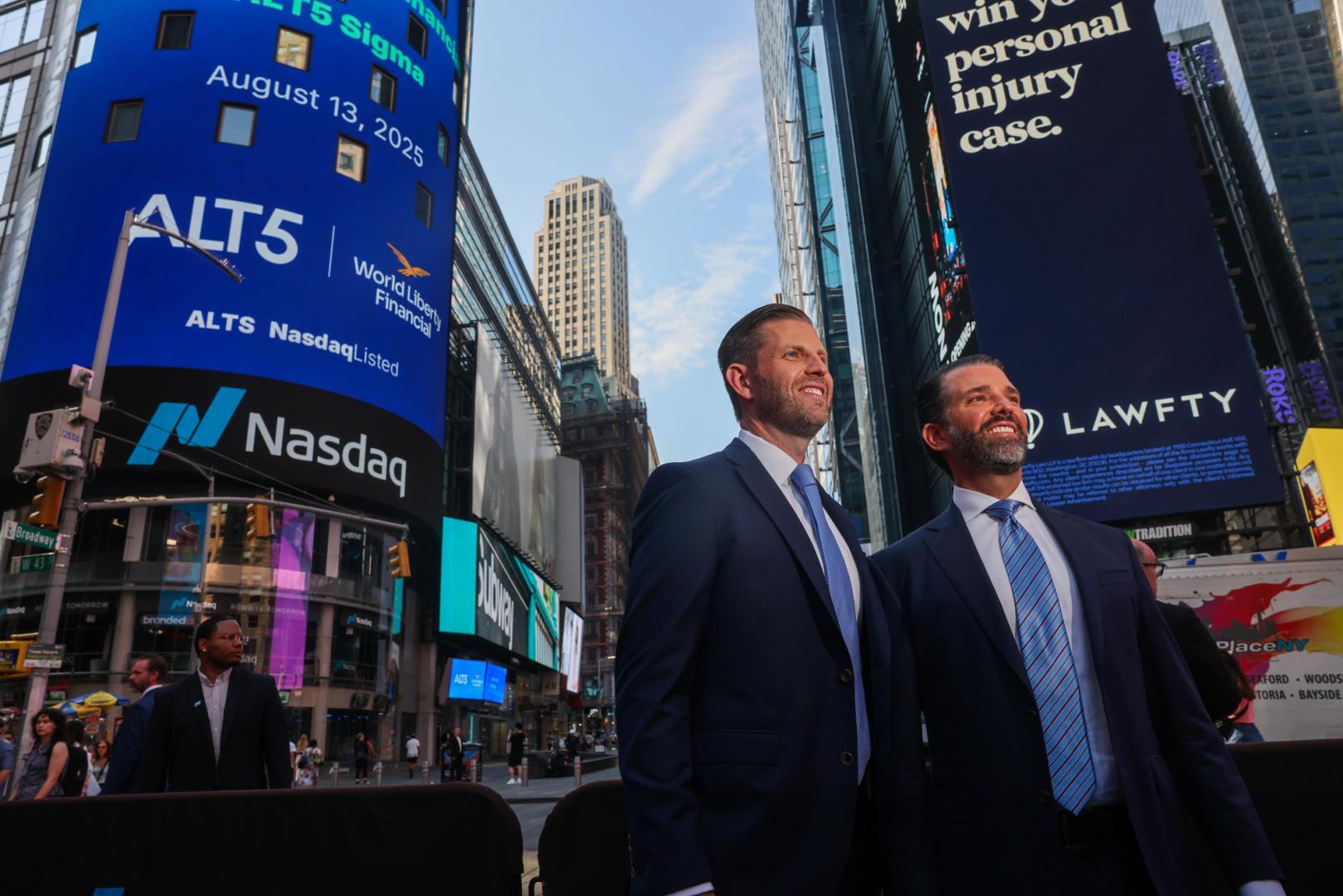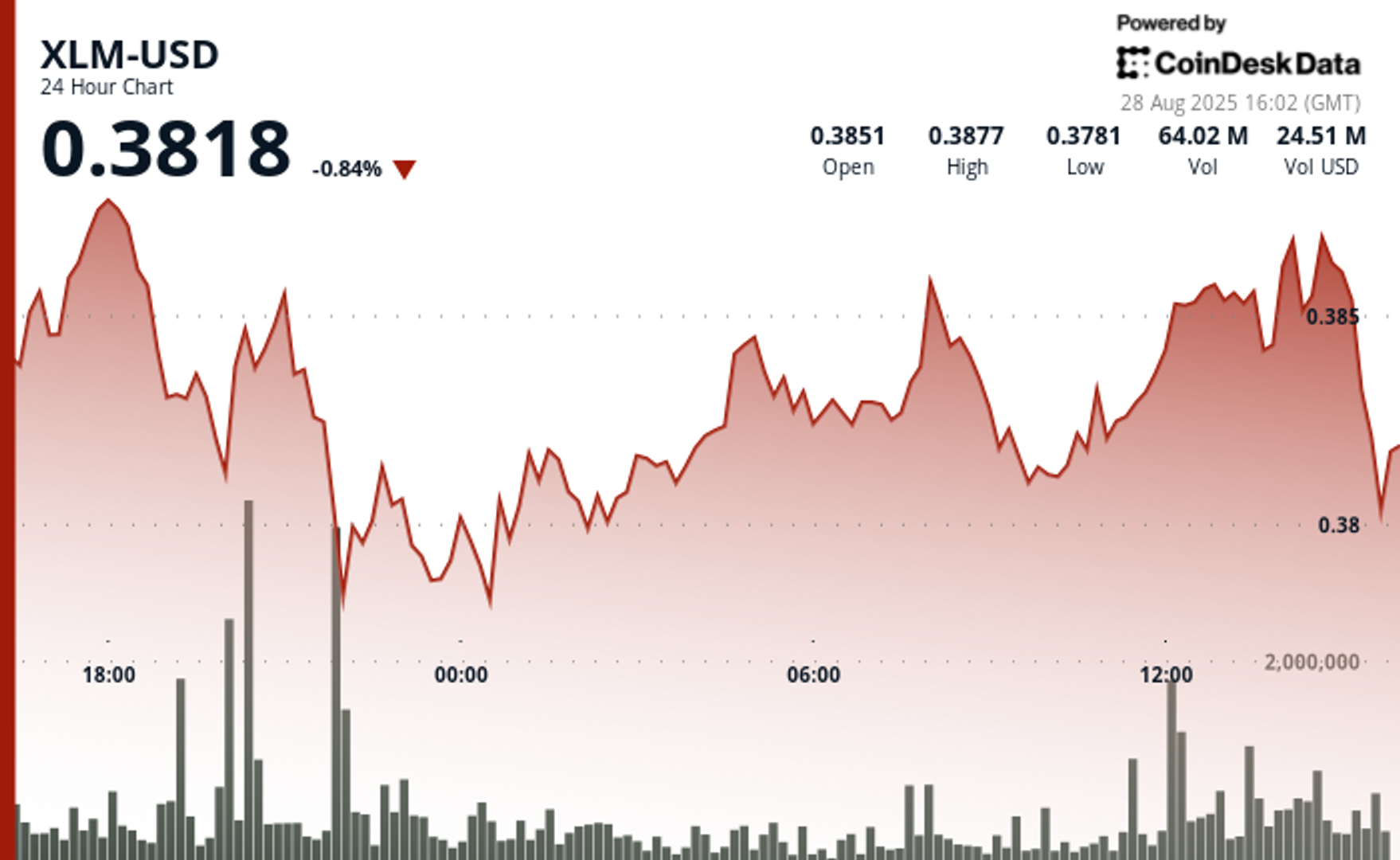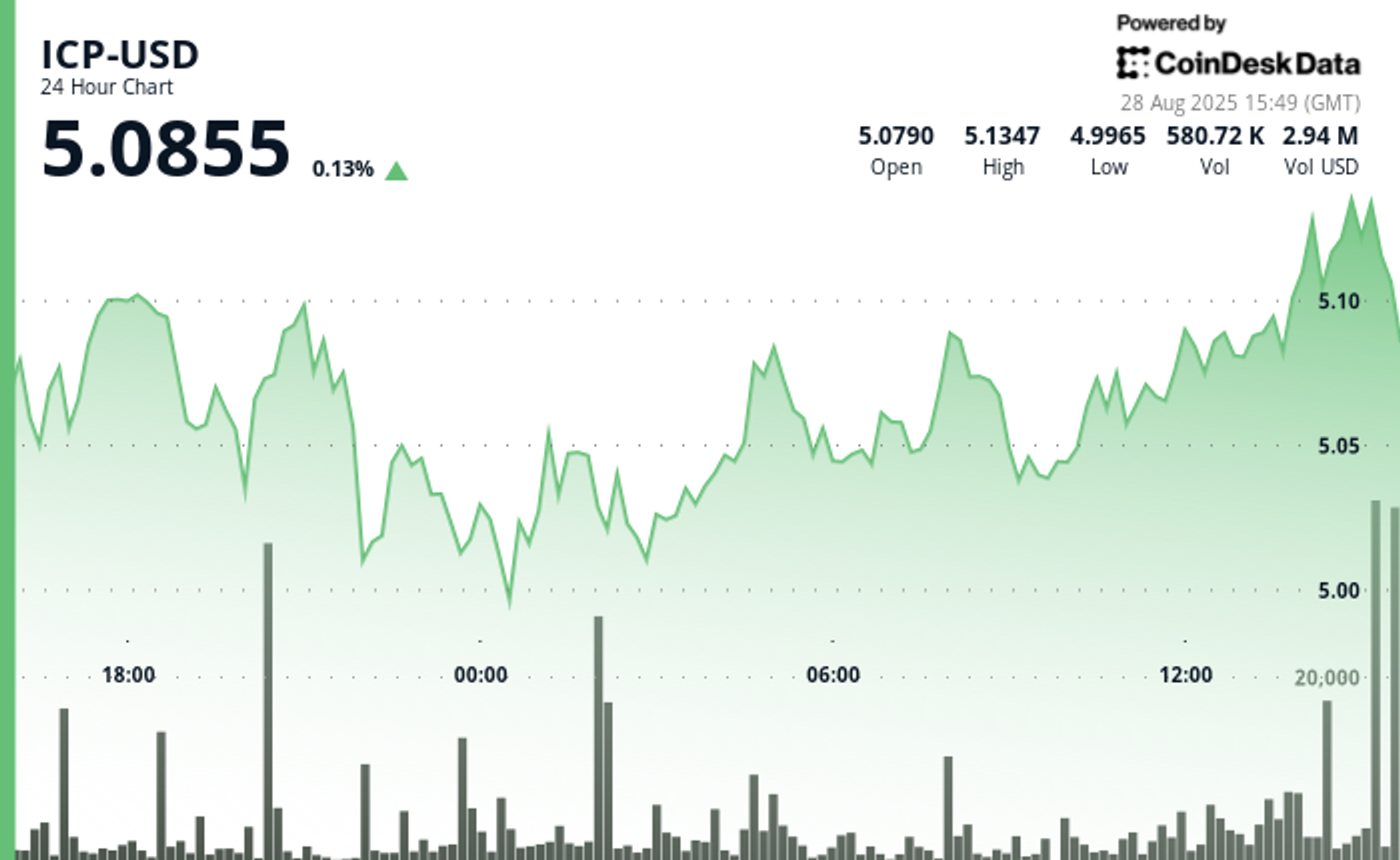A study by the United States Government Accountability Office (GAO), which was commissioned by Rep. Maxine Waters (D-Calif.) and Rep. Stephen Lynch (D-Mass.) of Financial Services Committee, has recovered that there’s a important regulatory spread for crypto assets and has suggested a whole-of-government attack to addressing it.
“No national fiscal regulator has broad authorization to modulate the spot marketplace for crypto assets that are not securities,” the study read. "A ceremonial coordination mechanics for addressing blockchain-related risks, which could found processes oregon clip frames for responding to risks, could assistance national fiscal regulators collectively place risks and make timely and due responses."
The Treasury’s Financial Stability Oversight Council has been tasked to pb the improvement of a unified attack to crypto plus oversight, arsenic per a March 2022 Executive Order.
Of peculiar interest to the GAO is that there’s a large spread successful regulatory authorization implicit stablecoins, calling the U.S. fiscal regulatory operation fragmented, peculiarly with respect to standards surrounding reserve levels and nationalist disclosure of reserves.
The study argues that there’s a request for regular audits of and nationalist disclosures of reserve assets and audit results and for establishing a ineligible model regarding redemption rights.
DeFi's Contagion Potential
As decentralized concern (DeFi) has grown successful marketplace size, truthful excessively has its hazard to the crypto system and broader macro market, the study says.
An lack of intermediaries successful DeFi raises regulatory concerns astir compliance and user protection, the study argues, and arsenic these services go much interconnected and decentralized, the risks, including fiscal shocks and illicit finance, escalate.
The study says that regulatory bodies similar the Treasury Department's Financial Crimes Enforcement Network (FinCEN) to measure however existing regulations mightiness use to these platforms.
Major U.S. fiscal regulators - the Consumer Financial Protection Bureau (CFPB), the Commodity Futures Trading Commission (CFTC), the Federal Deposit Insurance Corporation (FDIC), the Federal Reserve System, the National Credit Union Administration (NCUA), the Office of the Comptroller of the Currency (OCC), and the Securities and Exchange Commission (SEC) - should jointly found oregon accommodate an existing ceremonial coordination mechanism, the study says.
This collaborative mechanics would beryllium utilized to collectively place and respond successful a timely mode to the risks posed by blockchain-related products and services, the study argues.
Only the NCUA agreed with the recommendations made to them.
Others regulators neither agreed nor disagreed with the recommendations, but noted existing coordination efforts done assorted forums, specified arsenic the Financial Stability Oversight Council (FSOC), the President’s Working Group, and immoderate planetary groups.
Edited by Parikshit Mishra.

 2 years ago
2 years ago









 English (US)
English (US)